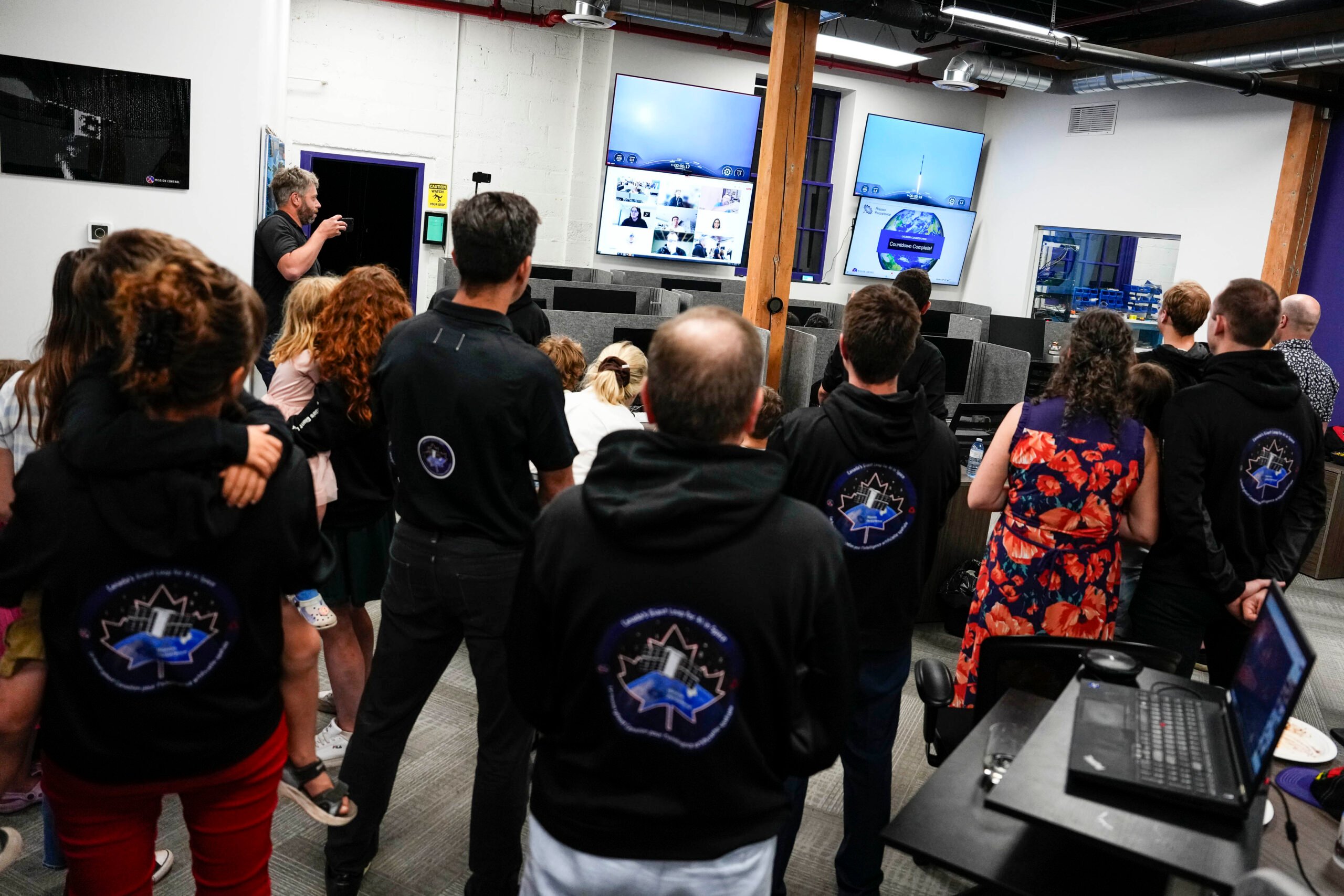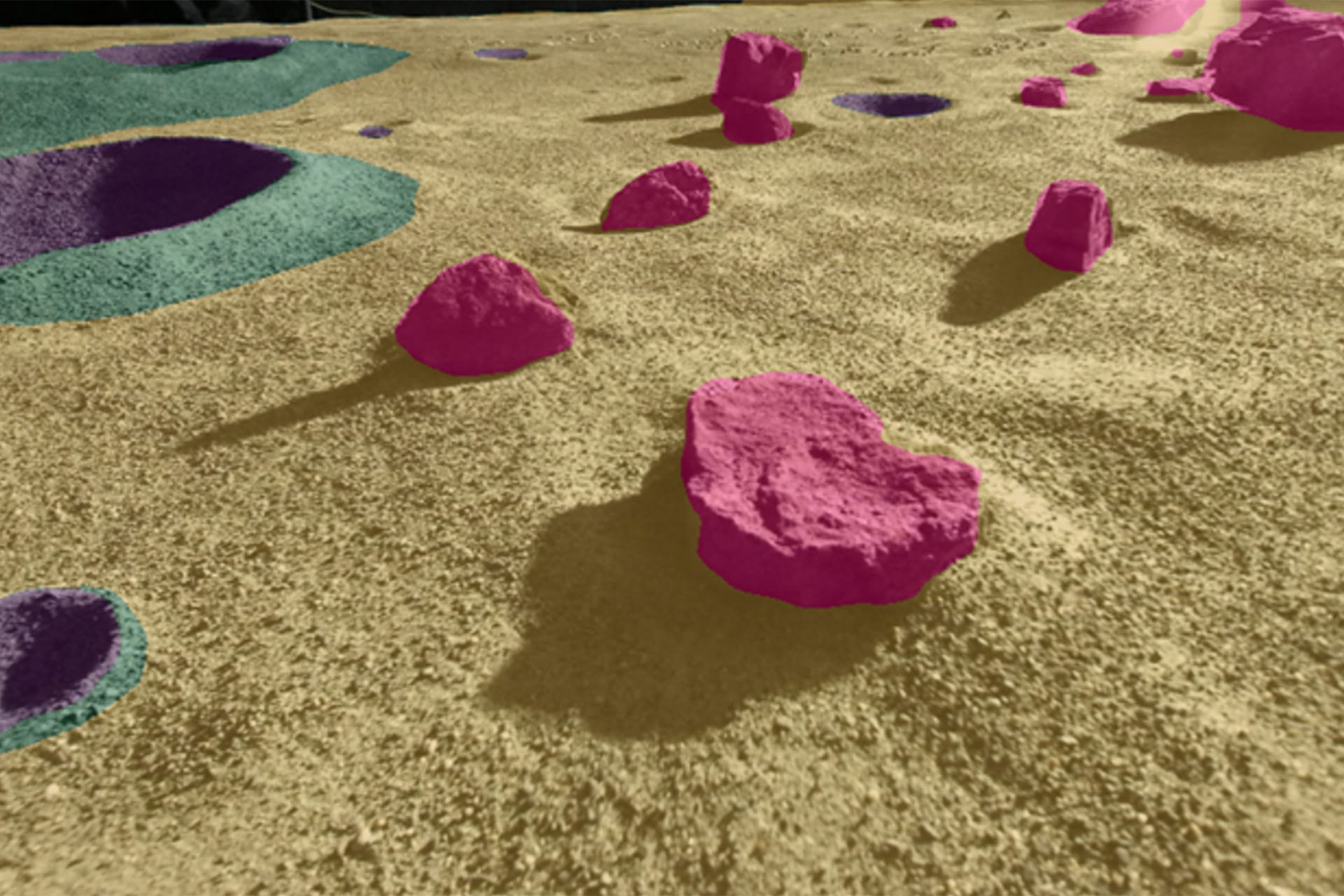Artificial intelligence (AI), in the form of deep neural networks, is a key enabler for space mission
autonomy, performance, and functionality. For remote sensing satellites neural networks are well-suited to deliver computer vision solutions using autonomous observation and data-filtering that enable human operators to maximize use of limited bandwidth. A crucial factor in the successful implementation of deep neural networks on space platforms is the embedded nature of such systems.
The performance of onboard space processors lags that of their terrestrial counterparts due to the additional effort required to make circuitry that can operate in extreme radiation, thermal, and vacuum conditions. The spaceborne processors available in the OPS-SAT Satellite Experimental Processing Platform, including the reconfigurable Field Programmable Gate Array (FPGA), address this performance gap and are the ideal test bed to develop new deep learning architectures for future remote sensing and deep space exploration missions.
Mission Control will be using the OPS-SAT platform to characterize a novel FPGA architecture for implementing neural networks on embedded space platforms. FPGAs offer a balance of reconfigurability, generalizability, and utilization efficiency but FPGA deep learning frameworks are still in their infancy. The software developed as part of our study will improve the operational performance of SmartCam and provide a modular scaffold for future space-based deep learning FPGA technology.

UPDATE
On May 22, 2024 OPS-SAT completed it’s final orbit around the Earth. Mission Control congratulated the OPS-SAT team for their accomplishments and as we commemorated our own exciting milestone: in September-October of 2023 our team became the first Canadian experiment to run onboard the OPS-SAT platform. Mission Control successfully used our Spacefarer AI™ technology to hybridize the SmartCam neural network onboard OPS-SAT, reprogramming the field programmable gate array (FPGA) on the Cyclone V flight computer while it orbited the Earth. The ability to reprogram an FPGA in flight to support modern deep learning applications is an important step in enabling autonomy and AI in future space applications. To find out more about the details of our experiment on OPS-SAT see our paper: Deploying Artificial Intelligence Capabilities by Hybridizing a Neural Network on a Satellite | ASCEND (aiaa.org)














